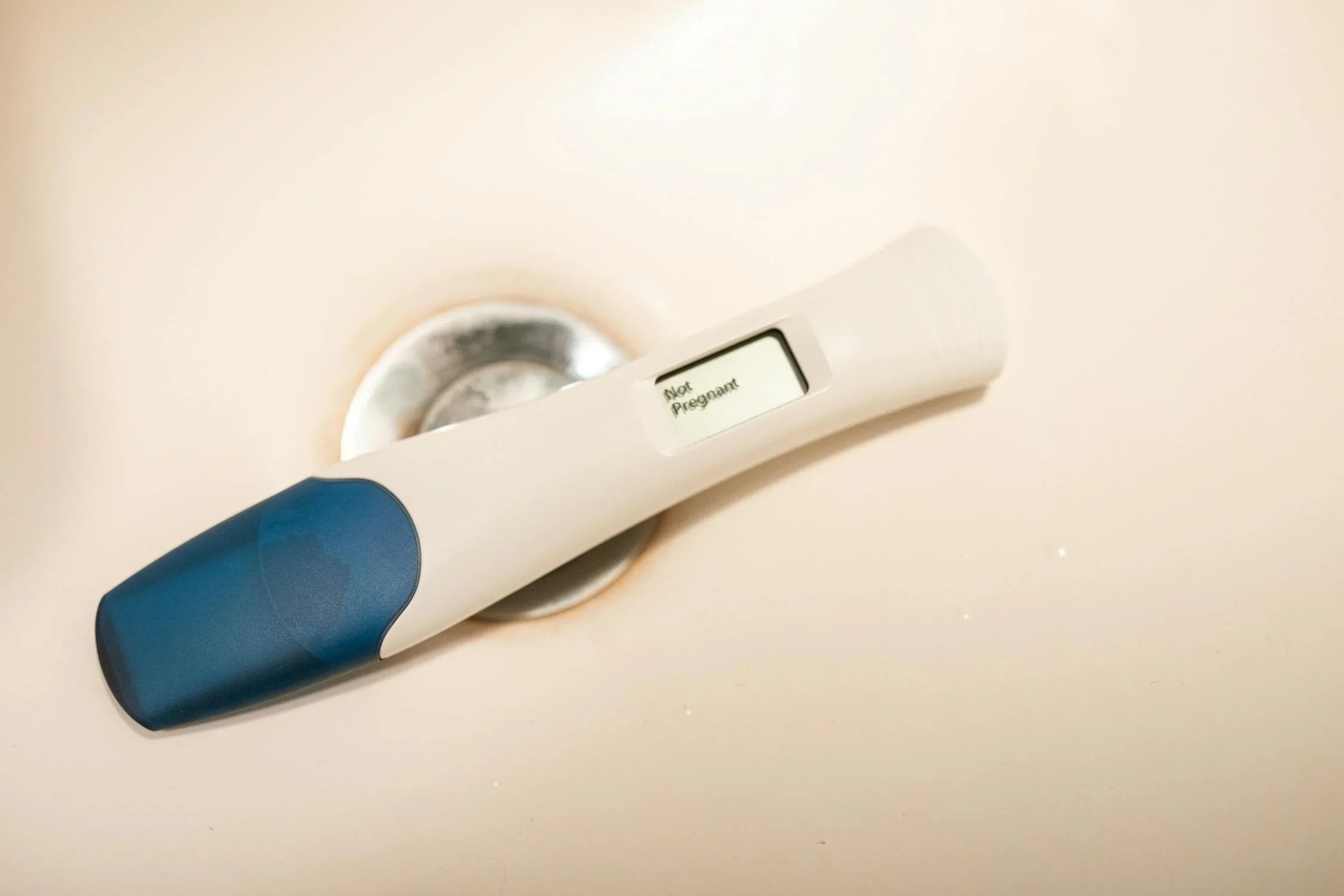Home
Pregnancy, Breastfeeding, and Pumping: The Ultimate Guide for Moms
Is First Response Pregnancy Test Reliable? Everything You Need to Know

Is First Response Pregnancy Test Reliable? Everything You Need to Know
When it comes to finding out if you're expecting, accuracy is everything. The First Response pregnancy test has become a go-to choice for many women, but how reliable is it? This article dives deep into the science behind the test, its accuracy rates, and what you need to know to ensure you get the most dependable results.
How Does the First Response Pregnancy Test Work?
The First Response pregnancy test detects the presence of human chorionic gonadotropin (hCG), a hormone produced during pregnancy. The test is designed to identify even low levels of hCG in urine, making it one of the most sensitive options on the market. Its ability to detect pregnancy as early as six days before a missed period is a key reason for its popularity.
What Makes a Pregnancy Test Reliable?
Reliability in pregnancy tests depends on several factors, including sensitivity, ease of use, and the ability to provide clear results. The First Response test is known for its high sensitivity, which allows it to detect hCG levels as low as 6.5 mIU/mL. This makes it one of the most accurate early-detection tests available.
Accuracy Rates of the First Response Pregnancy Test
Studies have shown that the First Response pregnancy test boasts an accuracy rate of over 99% when used on the day of a missed period. However, its accuracy can vary depending on when the test is taken. For example, testing too early may result in a false negative, while certain medications or medical conditions could lead to false positives.
Factors That Can Affect Test Results
Several factors can influence the reliability of a pregnancy test, including timing, user error, and underlying health conditions. To ensure the most accurate results, it's essential to follow the instructions carefully and test at the right time. Drinking excessive fluids before testing can dilute hCG levels, potentially affecting the outcome.
Tips for Getting the Most Accurate Results
To maximize the reliability of the First Response pregnancy test, consider the following tips: test first thing in the morning when hCG levels are most concentrated, read the results within the recommended time frame, and confirm any positive result with a healthcare professional. These steps can help reduce the likelihood of errors.
If you're waiting to find out if you're pregnant, the First Response pregnancy test offers a reliable and sensitive option. By understanding how it works and following best practices, you can trust the results and take the next steps with confidence.
Share


